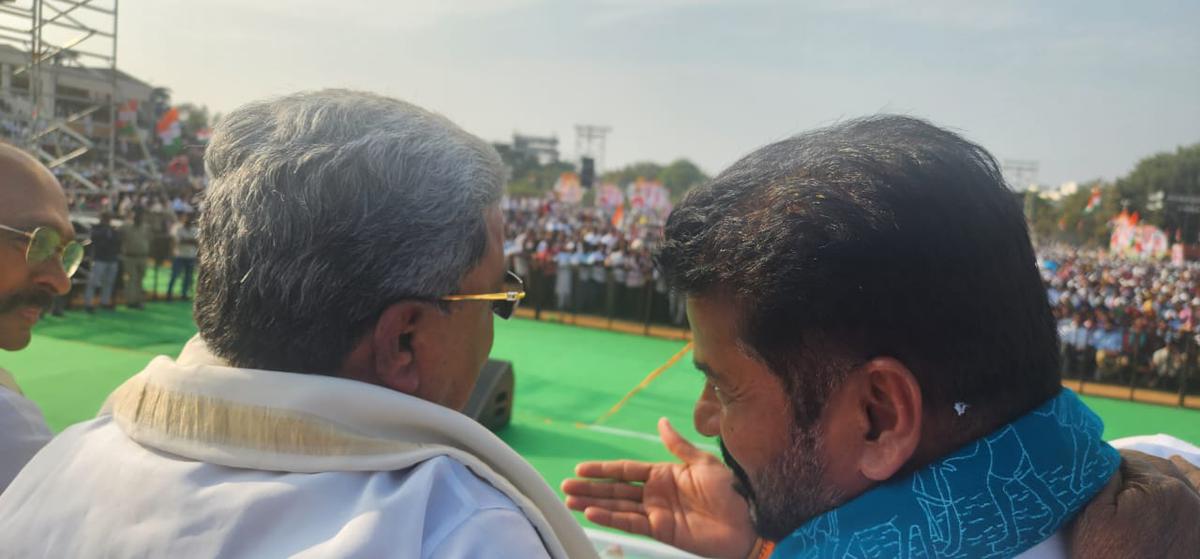The Karnataka government’s decision to double charges in government hospitals is a stark reminder of the financial strain “freebies” place on state economies. While they may serve as an effective electoral strategy, their long-term consequences often leave taxpayers footing the bill for poorly planned promises. The Congress party’s reliance on this vote-winning tactic has yielded electoral successes, including victories in Himachal Pradesh, Karnataka, and Telangana. However, these short-term gains are quickly overshadowed by mounting governance and fiscal challenges. Chief Minister Siddaramaiah’s admission of depleted state coffers highlights the unsustainable nature of freebies. Despite promises of inclusive welfare, the state has struggled to fund infrastructure projects and fulfill its commitments. To compensate, the government has introduced fresh taxes, disproportionately burdening middle-class taxpayers while providing little relief to Below Poverty Line (BPL) families. The situation also exposes a credibility gap, as voters increasingly question the feasibility of the Congress-led government’s promises.
Himachal Pradesh presents a similar tale of overpromising and underdelivering. With Chief Minister Sukhvinder Singh Sukhu facing financial hurdles, the state resorted to drastic measures, such as proposing additional taxes on basic amenities like household toilet seats. Reports of Himachal Bhavan being put up for sale to settle outstanding power dues to the Central Power Grid underline the gravity of the crisis. Sukhu’s claims of finding alternatives to prevent the auction lack substantive action, further eroding public trust. In Telangana, the much-touted “Mahalaxmi” scheme, aimed at providing Rs 2,500 monthly to eligible women, remains unfulfilled nearly a year into the Congress government’s tenure. Despite the scheme’s grand announcement by party leaders Sonia Gandhi and Rahul Gandhi, financial difficulties have stalled its rollout. Adding to the woes, pensioners and government employees faced delayed payments during recent festivals, amplifying public dissatisfaction.

Across all three Congress-ruled states, the fallout from populist measures has been severe. Reports of delayed salaries for government employees, unfulfilled promises, and increased taxation highlight a broader issue of fiscal mismanagement. While freebies may deliver immediate political dividends, they often undermine economic stability, forcing governments to cut back on critical development projects and essential services. The reliance on freebies as a political strategy, practiced not only by Congress but also by parties like the Aam Aadmi Party (AAP) and other regional satraps, raises pressing questions about accountability and governance. Welfare schemes, while vital for promoting social equity, must be grounded in realistic budgets and sustainable revenue streams. States need to prioritize fiscal discipline and transparent policymaking over short-term populism to avert long-term economic fallout. As voter expectations rise alongside fiscal pressures, the cracks in this approach are becoming increasingly evident. Freebies may secure electoral victories, but when promises remain unmet, they risk alienating the very electorate they aim to appease. Congress and other parties adopting similar strategies must urgently rethink their approach to strike a balance between electoral gains and responsible governance.







